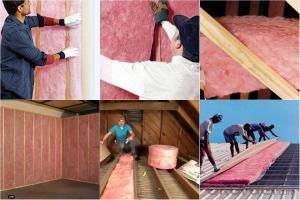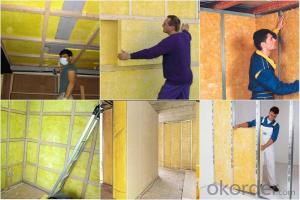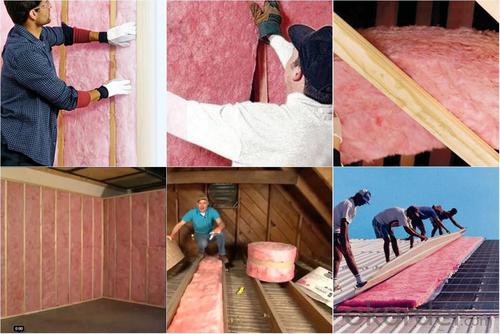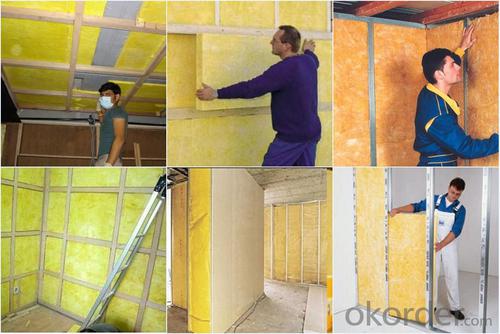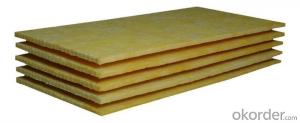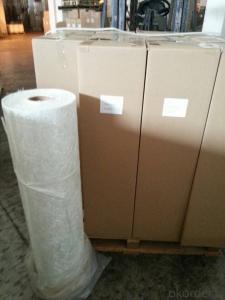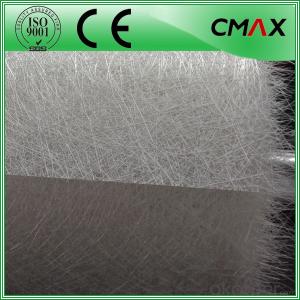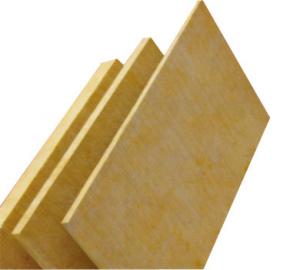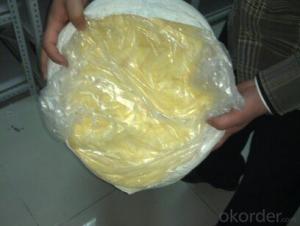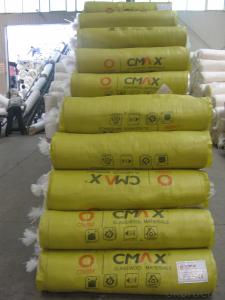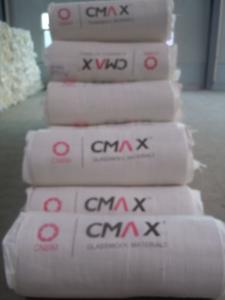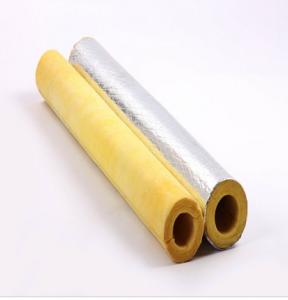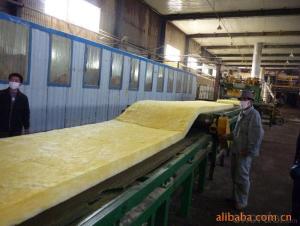Best Price Fiber Glass Wool Tube Insulation 50mm 70kg/m3
- Loading Port:
- Tianjin
- Payment Terms:
- TT OR LC
- Min Order Qty:
- 5000 m²
- Supply Capability:
- 20000 m²/month
OKorder Service Pledge
OKorder Financial Service
You Might Also Like
1.Description of Glass Wool Blanket:
At the system HOT END, the raw materials are dosed, mixed, melted, fiberized, impregnated with a special binder and formed into a primitive mat of very fine fiber glass. Continuous conveyors transport the mat to the COLD END of the plant for binder polymerization. The product is then cut to shape and packed for shipping.
Glass wool blanket, glass wool board, glass wool pipe, which made from glass wool, largely use in construction, chemical, electronic, electricity, metallurgy, energy industry and community with good performance in heat preservation, heat insulation, sound absorption.
2.Main features of Glass Wool Blanket:
1) Heat-preservation and heat-insulation, sound absorption and noise reduction
2) Damp proof property
3) Excellent fire proof performance
4) Thermal stability, high temperature heat-stability, durability, high temperature shrinkage resistance
3.Glass Wool Blanket Images:
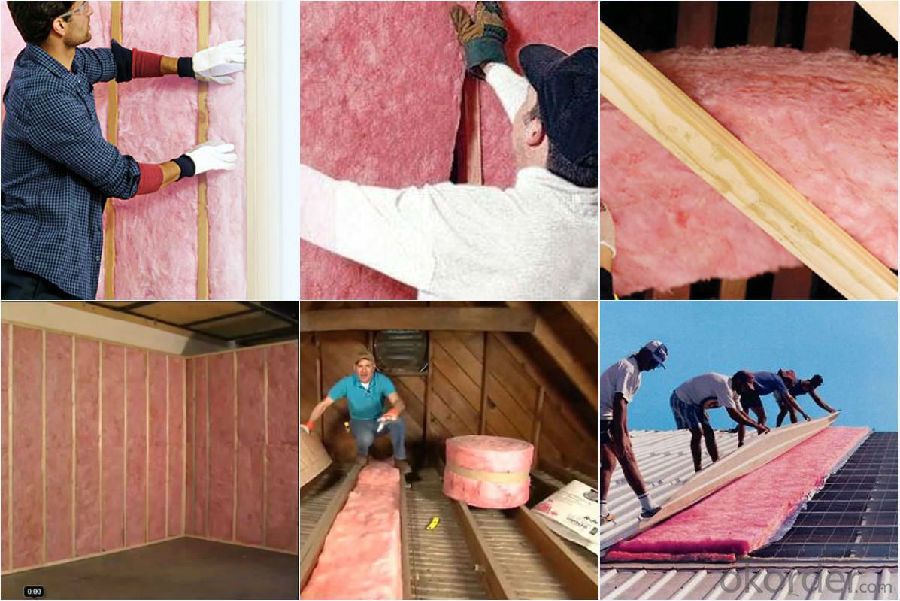
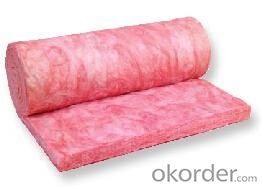
4. Glass Wool Insulation Blanket Technical Parameters:
Property | High/low temperature resistance, oil and fuel resistance, weathering resistance, O zone resistance etc. |
Shape | According to your requirement. |
Color | Any color is available ,according to your requirements. |
Material | NBR, CR, SBR, EPDM, IIR, NR, EP, Silicone, VITON etc. |
Hardness | 30-90ShoreA |
Delivery | In 10 days |
Packing | Plastic bag & carton box or according to your requirements. |
Application | Electronic field, industrial machine & equipment, house-hold appliance, telecommunication, automobile, medical equipment industry etc. |
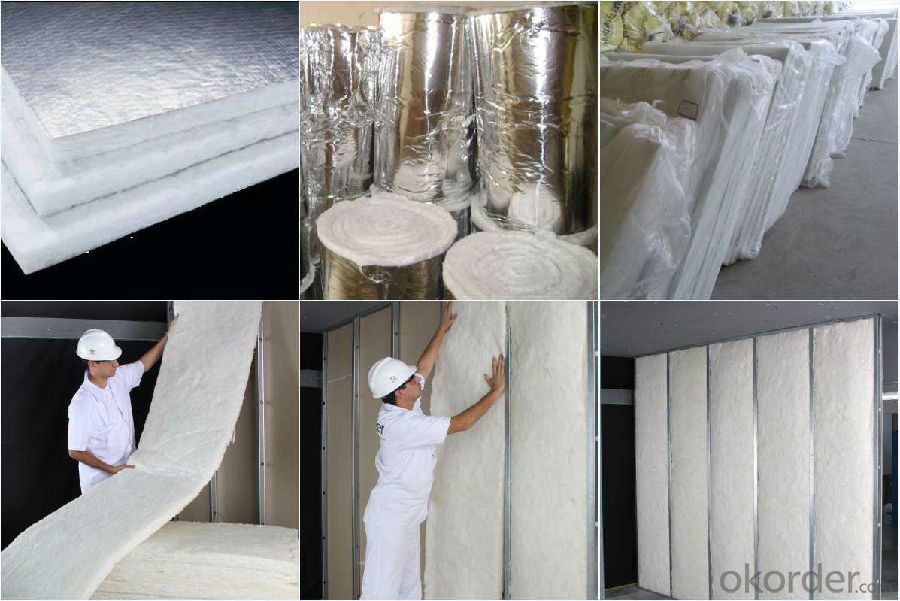
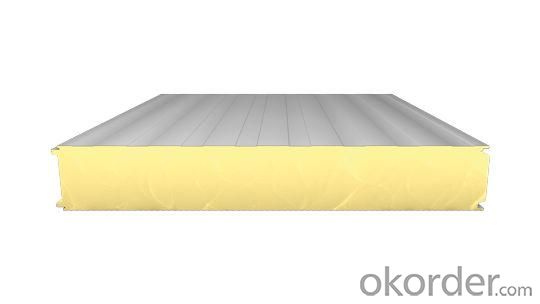
5.FAQ
We have organized several common questions for our clients,may help you sincerely:
①How about your company?
A world class manufacturer & supplier of Glass Wool Blanket is one of the large scale professional investment casting production bases in China,consisting of both casting foundry forging and machining factory. Annually more than 8000 tons Precision casting and forging parts are exported to markets in Europe,America and Japan. OEM casting and forging service available according to customer’s requirement.
②How to guarantee the quality of the products?
We have established the international advanced quality management system every link from raw material to final product we have strict quality test; We resolutely put an end to unqualified products flowing into the market. At the same time, we will provide necessary follow-up service assurance.
- Q: What is the expected lifespan of fiberglass mat tissue in power generation applications?
- The expected lifespan of fiberglass mat tissue in power generation applications can vary depending on various factors such as the specific application, environmental conditions, maintenance practices, and quality of the material used. However, fiberglass mat tissue is typically designed to have a long lifespan and can often last for several decades in power generation applications when properly installed and maintained.
- Q: What are the advantages of using fiberglass mat tissue?
- There are several advantages to using fiberglass mat tissue in various applications. Firstly, fiberglass mat tissue is lightweight, making it easy to handle and transport. This makes it a practical choice for construction and manufacturing industries. Secondly, fiberglass mat tissue offers excellent strength and durability. It has a high tensile strength, which means it can withstand heavy loads and resist tearing or breaking. This makes it an ideal material for reinforcing structures and providing structural integrity. Additionally, fiberglass mat tissue is highly resistant to corrosion, chemicals, and weathering. It does not rust, rot, or degrade when exposed to harsh environmental conditions, making it suitable for outdoor applications. Another advantage of using fiberglass mat tissue is its versatility. It can be easily molded into different shapes and sizes, making it suitable for a wide range of applications. Whether it's used for building materials, automotive parts, or even boat hulls, fiberglass mat tissue can be tailored to meet specific design requirements. Furthermore, fiberglass mat tissue is an excellent thermal insulator. It can effectively trap heat, making it energy-efficient and cost-effective for insulation purposes. This can contribute to reducing energy consumption and lowering heating or cooling costs in buildings. Lastly, fiberglass mat tissue is fire-resistant. It does not ignite easily and can withstand high temperatures without melting or releasing toxic fumes. This makes it a safe choice for applications where fire safety is a concern, such as in the construction of fire-resistant doors or insulation materials. In summary, the advantages of using fiberglass mat tissue include its lightweight nature, strength and durability, resistance to corrosion and weathering, versatility in design, thermal insulation properties, and fire resistance. These qualities make it a highly desirable material in various industries and applications.
- Q: Can fiberglass mat tissue be used for boat building?
- Yes, fiberglass mat tissue can be used for boat building. It is commonly used as a reinforcement material in boat construction due to its strength, durability, and ability to resist water damage.
- Q: Does fiberglass mat tissue require any special treatment for UV resistance?
- Yes, fiberglass mat tissue does require special treatment for UV resistance. Without proper protection, the fiberglass mat tissue can degrade and weaken when exposed to sunlight and UV rays. Applying a UV-resistant coating or using a UV protective film can help enhance its durability and resistance to UV damage.
- Q: Is fiberglass mat tissue compatible with different resin systems?
- Fiberglass mat tissue is indeed compatible with different resin systems. This versatile material can be utilized with a variety of resin systems, such as polyester, epoxy, and vinyl ester resins. Its exceptional wet-out properties enable the resin to be absorbed and distributed evenly throughout the mat. Consequently, this compatibility facilitates the fabrication of robust and long-lasting composite structures for numerous industries, including automotive, marine, construction, and aerospace. Nevertheless, it is crucial to carefully assess the unique properties and characteristics of the resin system employed to guarantee optimal performance and compatibility with the fiberglass mat tissue.
- Q: How does the density of fiberglass mat tissue impact its performance?
- The density of fiberglass mat tissue significantly affects its performance. Fiberglass mat tissue is a nonwoven material composed of randomly dispersed glass fibers held together by a binder. The density of the tissue refers to the amount of fibers present in a given volume of the material. A higher density of fiberglass mat tissue generally results in improved mechanical properties and performance. The increased density means that there are more glass fibers per unit volume, leading to enhanced strength, stiffness, and durability. This makes the material more resistant to tearing, puncturing, and abrasion, which is particularly important in applications where the tissue is exposed to harsh conditions or heavy loads. Moreover, a higher-density fiberglass mat tissue offers better thermal insulation properties. The increased fiber content allows for better heat resistance, making it suitable for applications that require thermal protection, such as insulation boards or fireproofing materials. On the other hand, a lower density of fiberglass mat tissue may provide advantages in certain applications. Lower-density tissues are generally more flexible and have better conformability, allowing them to easily adapt to irregular surfaces or complex shapes. This makes them suitable for applications where flexibility or conformability is a primary requirement, such as in automotive or aerospace industries. Overall, the density of fiberglass mat tissue plays a crucial role in determining its performance characteristics. Whether a higher or lower density is preferred depends on the specific application requirements, considering factors such as strength, stiffness, durability, thermal insulation, flexibility, and conformability.
- Q: Is fiberglass mat tissue suitable for marine applications?
- Yes, fiberglass mat tissue is suitable for marine applications. It is commonly used in boat building and repair due to its excellent strength, durability, and resistance to water and corrosion. It provides reinforcement and protection against impacts, moisture, and harsh marine environments.
- Q: Does fiberglass mat tissue require any special precautions during transportation?
- Yes, fiberglass mat tissue does require special precautions during transportation. It should be handled with care to avoid any damage or breakage as it can easily tear or become compromised. It is advisable to use proper packaging and secure the material to prevent movement or shifting during transportation. Additionally, protective measures such as wearing gloves, masks, and safety glasses should be taken to avoid any potential irritation or respiratory discomfort caused by the fiberglass fibers.
- Q: How does fiberglass mat tissue compare to fiberglass insulation batts?
- Fiberglass mat tissue and fiberglass insulation batts serve different purposes and have distinct characteristics. Fiberglass mat tissue is primarily used as a reinforcement material in various applications such as roofing, wall coverings, and composite materials. It provides strength, durability, and improved dimensional stability to the finished product. On the other hand, fiberglass insulation batts are specifically designed for thermal insulation purposes, typically used in walls, ceilings, and attics to prevent heat transfer. They are engineered to trap air pockets within the material, providing excellent thermal resistance. While both products are made from fiberglass and offer certain insulation properties, their specific applications and performance differ significantly.
- Q: Can fiberglass mat tissue be used for making lightweight flooring?
- Yes, fiberglass mat tissue can be used for making lightweight flooring. Fiberglass mat tissue is a material that is commonly used in construction and manufacturing industries for its strength, durability, and lightweight properties. It is made by bonding fine fiberglass strands together with a binder, which results in a thin, flexible, and lightweight material. When used in flooring applications, fiberglass mat tissue can provide several advantages. Firstly, its lightweight nature makes it easier to handle and install, reducing the overall weight of the flooring system. This can be particularly beneficial in applications where weight is a concern, such as in aircraft or mobile homes. Additionally, fiberglass mat tissue is known for its excellent strength-to-weight ratio, making it a suitable material for creating lightweight yet strong flooring. It can provide reinforcement and improve the structural integrity of the flooring, making it more resistant to cracking, warping, or other forms of damage. Furthermore, fiberglass mat tissue is resistant to moisture, chemicals, and fire, making it a suitable choice for areas where these factors are present, such as bathrooms, kitchens, or industrial settings. It also offers good insulation properties, which can help in maintaining a comfortable indoor environment and reducing energy consumption. Overall, fiberglass mat tissue can be an excellent choice for making lightweight flooring due to its strength, durability, moisture resistance, and insulation properties. However, it is important to consider other factors such as the specific requirements of the flooring application, the load-bearing capacity, and the necessary certifications or standards before finalizing the use of fiberglass mat tissue in a flooring project.
Send your message to us
Best Price Fiber Glass Wool Tube Insulation 50mm 70kg/m3
- Loading Port:
- Tianjin
- Payment Terms:
- TT OR LC
- Min Order Qty:
- 5000 m²
- Supply Capability:
- 20000 m²/month
OKorder Service Pledge
OKorder Financial Service
Similar products
Hot products
Hot Searches
Related keywords
